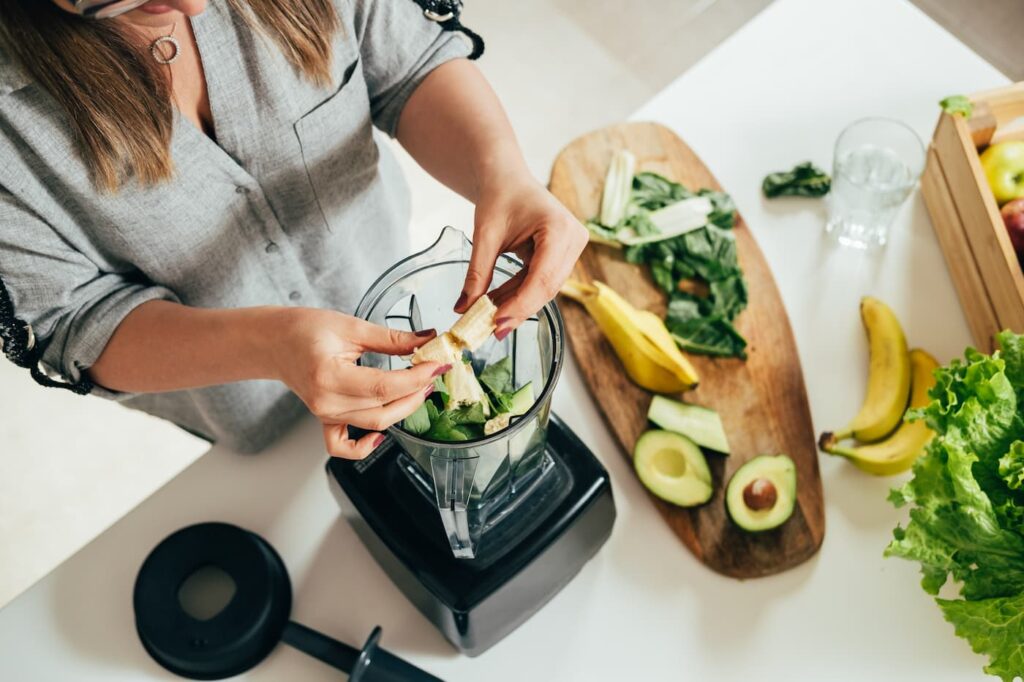Ultra-processed foods constitute over half of the total energy intake in UK diets leading to increased health risks
- Natural foods like avocados offer essential nutrients, vitamins and minerals which significantly contribute to better health.
- Ultra-processed foods, high in unhealthy additives, sugars, and fats, are linked to serious health issues including obesity, heart disease, and cancer.
- In the UK, ultra-processed foods constitute a significant portion of daily energy intake, especially among children and teenagers, leading to increased health risks.

In an era where convenience often trumps all, it’s more important than ever to make conscious food choices. Health experts are increasingly advocating for diets rich in natural, raw, and lightly processed foods, which offer a plethora of health benefits over
their heavily processed counterparts. Among these natural choices, avocados stand out as a versatile superfood that can enhance any meal.
What are natural foods?
When we talk about ‘natural’ foods or minimally-processed foods, the main foods in this category are whole foods such as fruits, vegetables, nuts, legumes, eggs, milk and so on. Natural and raw foods are typically rich in essential nutrients, free from added chemicals, and closer to their original form. These foods often retain more of their natural vitamins, minerals, and antioxidants, which are crucial for maintaining overall health. Some foods need to be processed to be ready for us to eat, such as bread, cheese, tofu and canned goods. This, however, doesn’t mean that they are inherently ‘bad’ for us. The issue arises when foods are processed very heavily…
Why are ultra-processed foods ‘bad’ for us?
‘Ultra-processed’ foods not only have additional ingredients added to them such as sugar, salt or oil, but they often go through heavy processes such as moulding and have many additional ingredients added to them that can be detrimental to our health. For example, look no further than classic foods that come to mind when you think of ‘junk food’... fizzy drinks, sweets, fried foods and so on.
We may think that these ultra-processed foods only count as the occasional treat in our diets, but data shows otherwise. In the UK, ultra-processed foods have been found to make up 56.8% of total energy intake and 64.7% of total free sugars in adult diets. Worryingly, these figures rise even more in children (74.9%) and teenagers (82.9%) [1].
Heavily processed foods are often laden with unhealthy additives, excessive sugar, salt, and unhealthy fats, which have been linked to numerous health issues including obesity, heart disease, and type-2 diabetes [2]. Also, studies have shown that the more ultra-processed foods are consumed, the higher the associated risk of negative health impacts such as cardiometabolic diseases and mortality [3]. Also in a large study, a 10% increase in ultra-processed food consumption was linked to a significant increase of over 10% in risks of overall and breast cancer [4].
Avocados and other natural foods can help make positive changes to diets
Cooking at home more often and incorporating natural foods into our meals can help pave the path to a healthier lifestyle. Avocados, in particular, are a prime example of a natural food that offers a multitude of benefits. Rich in healthy monounsaturated fats,
fibre, vitamins, and minerals, avocados can support heart health, prevent diseases such as diabetes, aid digestion, provide sustained energy throughout the day, and much more. Their versatility makes them an excellent addition to any dish, such as salads, smoothies, sandwiches, and even as a standalone snack.
Zac Bard, Chairman of the World Avocado Organisation, states: “Prioritising natural and lightly processed foods not only nourishes the body with essential nutrients but also reduces the intake of harmful additives. This simple shift towards more wholesome eating habits can lead to better overall health”.